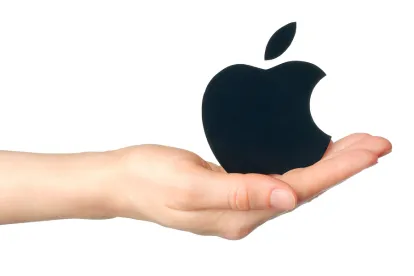Verdict upheld where the jury did not err in finding that Defendant's devices did not infringe the claims
CORE WIRELESS LICENSING S.A.R.L, v. APPLE INC.: April 14, 2017. Before O’Malley, Bryson, and Wallach. (precedential).
Takeaway:
-
CAFC affirmed the district court’s denial of plaintiff’s JMOL motion upholding the non-infringement verdict where substantial evidence supported the jury’s finding that the accused devices did not use a mobile station to select which channel to use for uplink transmissions, as required by the district court’s claim construction.
Procedural Posture:
Plaintiff Core Wireless appealed the United States District Court for the Eastern District of Texas’s denial of plaintiff’s JMOL motion upholding the non-infringement verdict under the district court’s claim construction. CAFC affirmed.
Synopsis:
-
Claim Construction: Claim 17 of the asserted patent is directed to means for sending packet data from the mobile station to the network using a selected channel. At trial, Apple introduced evidence that the accused mobile stations lack the capability to select between common and dedicated channels for packet data transfer, as Apple argued was required by the patent. At the conclusion of the trial, the jury found that Apple did not infringe claim 17. In its post-trial JMOL motion, Core Wireless argued that Apple had misapplied the court’s claim construction. The district court disagreed, holding that the claim requires that the mobile station “must have the capability to perform ‘channel selection,’ even if that capability was not used during the actual alleged performance of the claimed method.” The court concluded that there was sufficient evidence from which a reasonable jury could find noninfringement based on that claim construction. The CAFC found that Core Wireless’s claim construction argument is erroneous and affirmed the district court’s decision that the claimed control unit was a mobile station that had the means to make the channel selection decision, and that Apple’s evidence showed that the network, not the mobile station, was responsible for selecting which channel to use for uplink transmissions.
-
Waiver: Core Wireless argued on appeal that Apple improperly interpreted the court’s claim construction; however, it did not raise this argument during trial and did not seek clarification, which Apple argued waived the argument. The CAFC found that it was unnecessary to decide whether Core Wireless waived its claim construction argument by failing to seek clarification of the pretrial claim construction at trial because its claim construction argument is erroneous.
-
Means Plus Function: The CAFC found that the district court was correct in construing the claim to require that the mobile station has uplink channel selection capabilities. In addition to support in the claim language and specification, the prosecution history and extrinsic evidence supported the district court’s construction.






 />i
/>i
